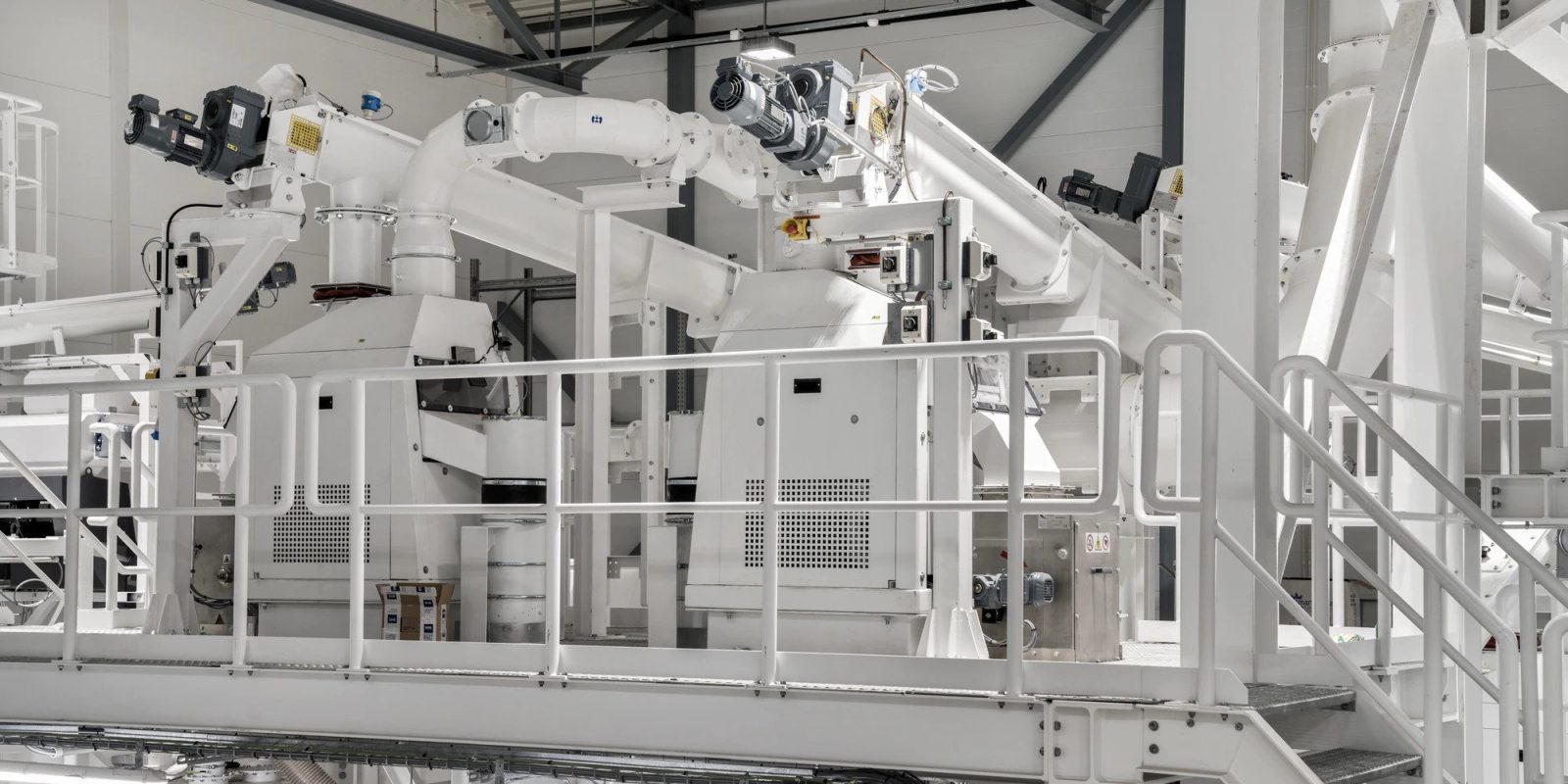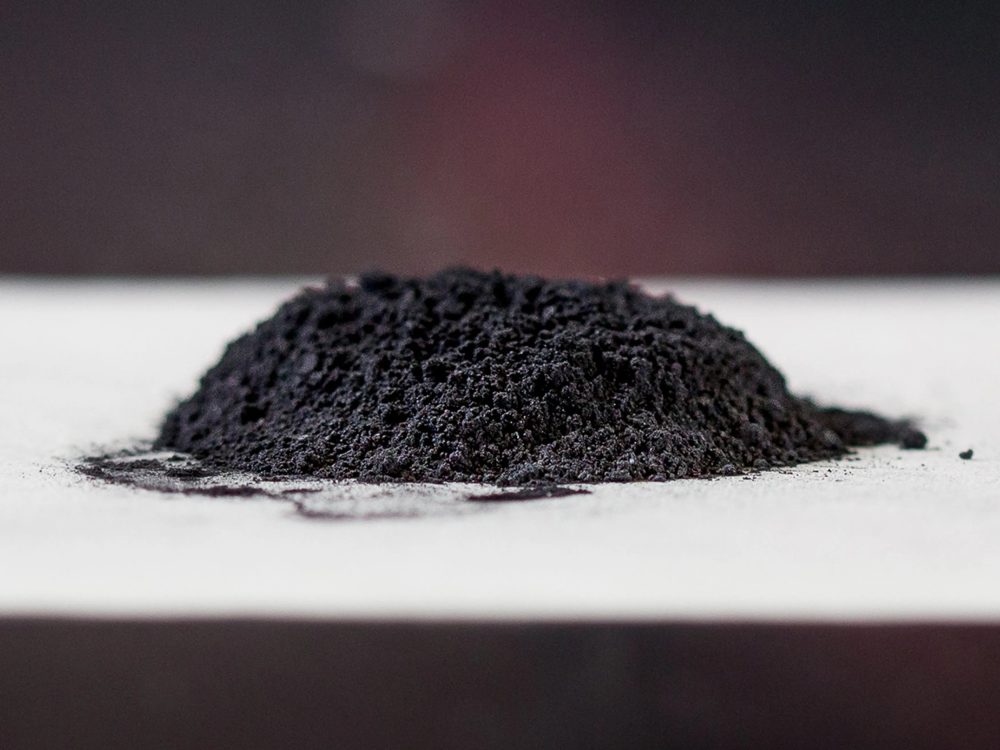
Hydrovolt, the largest battery recycling plant in Europe, has started operations in Fredrikstad, Norway.
The plant is a joint venture between two Norwegian companies – Hydro, one of the world’s largest aluminum companies, and Northvolt, a battery producer building battery factories in Sweden and Germany.
The new battery recycling facility has the capacity to process 12,000 tons of battery packs per year, or around 25,000 EV batteries. This is enough for the entire end-of-life battery market in Norway currently.
Hydrovolt claims that it can recover 95% of the materials used in an EV battery including plastics, copper, aluminum, and the “black mass,” a powder containing the various elements inside lithium-ion batteries – nickel, manganese, cobalt, and lithium.
The companies involved in the joint venture will both benefit from the resulting materials streams. Hydro gains access to recycled aluminum, which only takes about 5% as much energy to produce as primary aluminum (aluminum is one of the most recyclable, and most recycled, materials on Earth). And Northvolt will gain access to the other materials, which can be extracted from the black mass and used again in the production of new batteries, which Northvolt plans to do with several factories in Europe.

These elements have increasingly been a concern for manufacturers and national governments alike. In the face of global supply chain challenges, prices of many materials used in EV batteries have spiked, and availability is limited. Recycling offers another way to gain access to these materials, and also reduces the impacts from mining new materials.
Northvolt’s goal is that 50% of all of its battery raw materials will come from recycled batteries by 2030. This is quite an ambitious goal, given that the global EV market will increase by an order of magnitude or more by the time the batteries inside a new car built today are ready to be recycled.
Given these big plans, the joint venture isn’t stopping here, and has eyes to expand recycling capacity across Europe. The group wanted to start in Norway first, because of the country’s early lead in EV adoption. Since EVs have been popular in Norway for several years now, this means more cars are reaching end-of-life there than in the rest of Europe.
But Norway is a small market overall, so Hydrovolt would like to open facilities elsewhere in Europe, to be closer to sources of more batteries as other EV markets mature. Also, it’s quite likely that governments will implement mandatory recycling programs, and Hydrovolt thinks that they can get ahead of the game by being the first mover.
Hydrovolt hopes that with this expansion throughout Europe, they can reach a capacity of 70,000 tons of battery packs by 2025, and 300,000 tons by 2030.
FTC: We use income earning auto affiliate links. More.





Comments